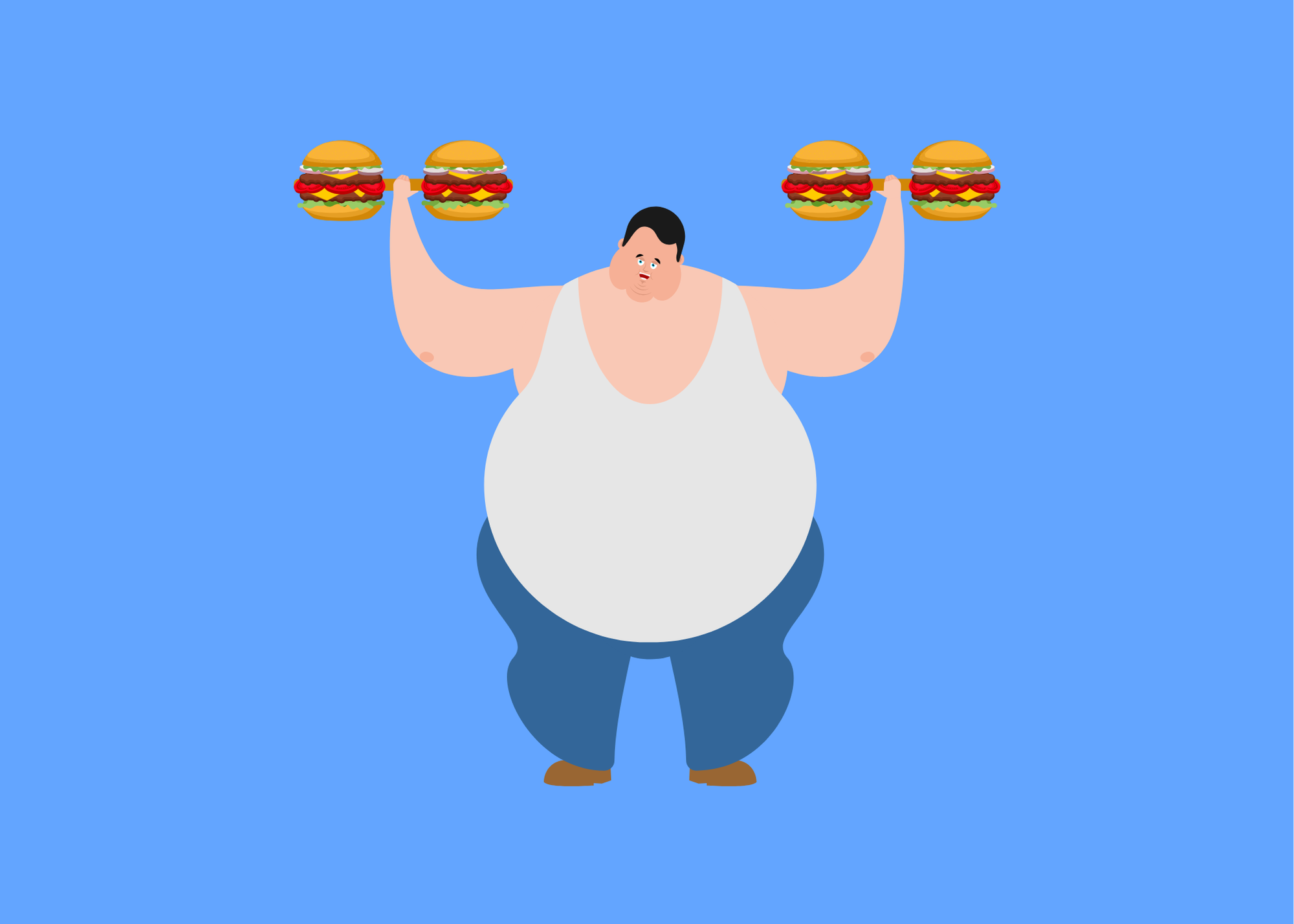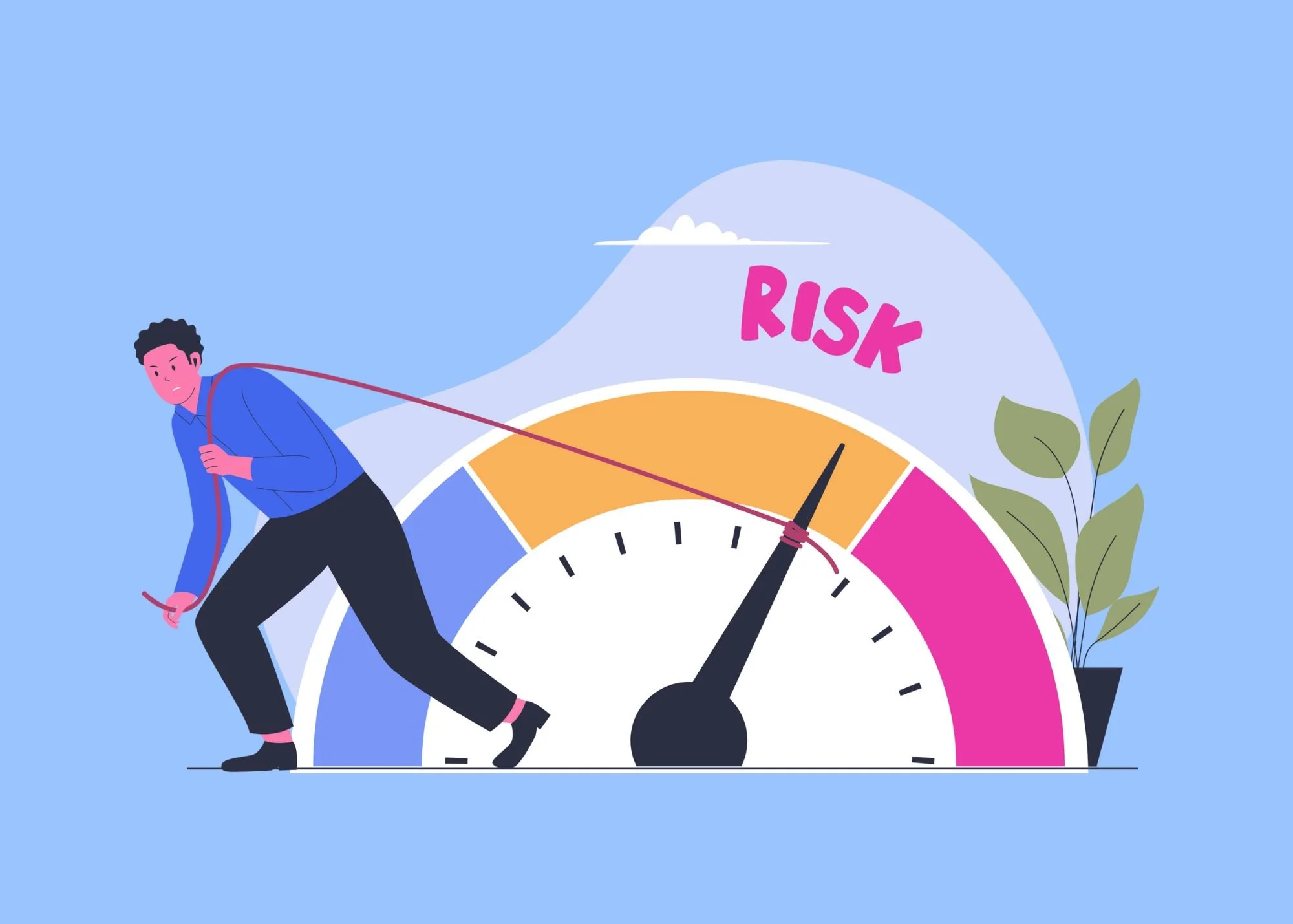When Life Gets Small During Setbacks: How To Rebuild a Beautiful, Full Life After Burnout
Burnout doesn’t just drain your energy—it shrinks your world.
One day, you're juggling meetings, workouts, dinner reservations, and weekend getaways like a pro. The next, you’re canceling plans, ghosting texts, and rationing your energy like it's a scarce resource. Life gets small, and suddenly, your universe consists of work, Netflix, and the bare minimum required to function.
If this sounds familiar, congratulations—you’re human. Burnout strips life down to survival mode, but here’s the good news: you can rebuild. And not just back to where you were before. This is your opportunity to create a version of your life that’s actually sustainable, fulfilling, and aligned with what matters to you.
So, how do you go from ‘just getting through the day’ to ‘living a life that feels expansive again’? You rebuild strategically—brick by brick, goal by goal, experience by experience. Here’s how.
How to Rebuild a Beautiful, Full Life After Burnout
Step 1: Redefine Success (Because Your Old Definition Broke You)
Let’s start with a hard truth: the version of success that got you here isn’t the one that’s going to get you out.
If your worth has been measured solely by productivity, title, or the number of hours you can grind out before collapsing, it’s time for an upgrade. Redefining success means prioritizing metrics like energy, creativity, relationships, and personal fulfillment—not just output.
Ask yourself:
What actually makes me feel alive (not just accomplished)?
When do I feel the most engaged, curious, and at ease?
What would success look like if burnout wasn’t in the equation?
Clarity here sets the foundation for everything else.
Step 2: Expand Your World—Intentionally
Burnout makes life small because your brain is in threat mode. When you're chronically stressed, your nervous system prioritizes safety over novelty. The result? You say no to new things, withdraw from social interactions, and stick to what feels predictable.
The fix? Gradual expansion. You don’t need to overhaul your life overnight—just start adding back in experiences that bring richness, meaning, and connection.
Ways to Rebuild Your World:
Reignite old hobbies: What did you love before work took over? Painting? Running? Playing the guitar? Pick one and give it space.
Say yes to small social invites: Not ready for a full-blown dinner party? Meet a friend for coffee. Start small and build from there.
Change your environment: Burnout thrives in monotony. Work from a café, take a different walking route, or rearrange your workspace.
Seek micro-adventures: Travel doesn’t have to mean international flights. A weekend road trip, a new hiking trail, or even trying a new restaurant counts.
Step 3: Set Goals That Actually Serve You
Here’s the paradox: burnout happens when you push too hard, but meaning comes from having goals. The solution? Set goals that align with your values and support your well-being.
Three Types of Goals to Focus On:
Energy Goals – Prioritize habits that rebuild stamina. Sleep, nutrition, movement, and downtime are non-negotiable.
Growth Goals – Learn something new because you want to, not because it looks good on a resume.
Connection Goals – Invest in relationships that energize you, not ones that drain you.
Example: Instead of “Run a marathon because I need to achieve something,” try “Move my body in ways that feel good and challenge me, like hiking, swimming, or strength training.”
Step 4: Build a Calendar That Reflects Your Values
If your calendar is still packed with obligations that exhaust you, it’s time for a redesign. Your time should reflect your priorities—not just what others expect of you.
How to Audit Your Calendar:
Eliminate obligations that don’t serve you. If it’s a ‘should’ and not a ‘want,’ reconsider.
Schedule recovery time. Downtime is not wasted time. If you don’t block it out, it won’t happen.
Prioritize things that bring joy and connection. If your week lacks fun, fulfillment, and social interaction, fix that.
Step 5: Make Meaning Your North Star
Burnout recovery isn’t just about feeling better—it’s about feeling aligned. This is your chance to make life about more than just surviving the next workweek. What gives your life meaning? What impact do you want to have? What kind of person do you want to be?
Align your actions with these answers. Whether it’s deepening friendships, mentoring others, prioritizing creativity, or engaging in community work, meaning fuels energy.
Final Thought: Small Moves, Big Impact
Rebuilding after burnout isn’t about massive life overhauls—it’s about small, intentional moves that add up. Your world shrank to protect you. Now, it’s time to expand it with purpose.
Pick one thing from this list and start today. Your future self—the one who feels alive again—will thank you.
Need Help? For the Overachiever Who Forgot That Connection Is a Health Metric
The people in your life impact your energy, mood, and stress response.
Strong relationships help you recover faster, think clearer, and show up better.
💡 Let’s make that part of the plan. Book your free 20-minute consult today.
Article References
The sources cited in the article:
Harvard Medical School. "Get Back Your Social Life to Boost Thinking, Memory, and Health." Harvard - Social Life for Health
American Psychological Association (APA). “The Risks of Social Isolation.” APA - The Risks of Social Isolation
MentalHealth. "The Power of Social Health." MentalHealth - The Power of Social Health
National Institutes of Health (NIH). "Social Wellness Toolkit.” NIH - Social Wellness Toolkit
Psychology Today (PT). “Stress is Driving an Epidemic of Social Isolation.” PT - Stress is Driving an Epidemic of Social Isolation
The NYTimes (NYT). “The Surprising Effects of Loneliness on Health.” NYT - Surprising Effects of Loneliness on Health






